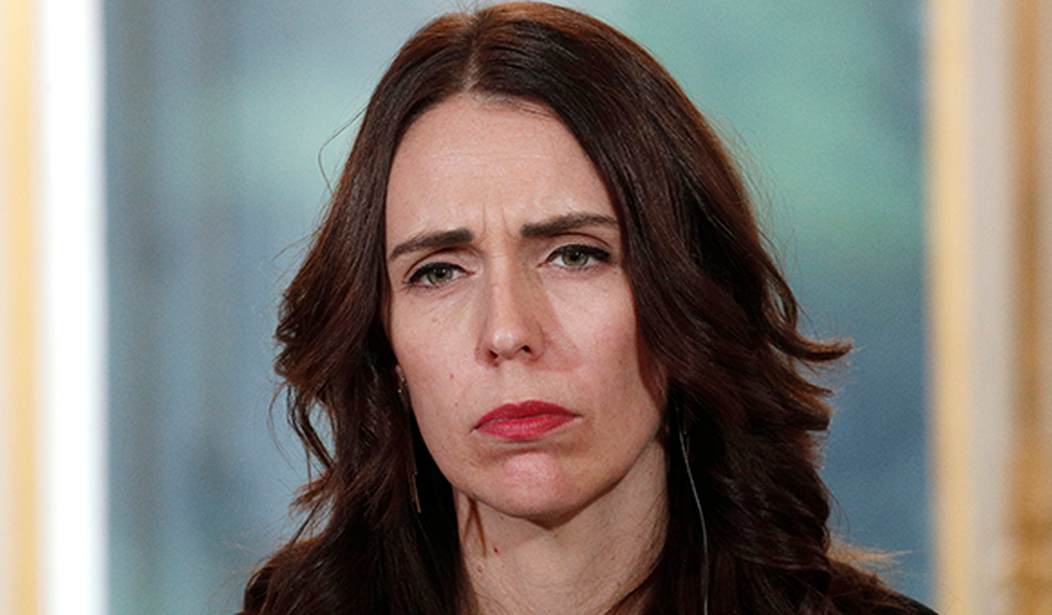Top News
New Zealand votes in center-right party after years of Labour and Jacinda Ardern

Jacinda Ardern was a progressive favorite on the world stage who led New Zealand for about five years. She resigned earlier this year saying she didn’t have the energy to face the voters another time. Her decision to step down left her Labour party in the hands of Chris Hipkins. But New Zealand has been dealing with high inflation and today voters demanded a change.
After an election campaign of fits and starts, in which neither major party appeared to offer much solace to a weary nation, voters in New Zealand on Saturday ousted the party once led by Jacinda Ardern and elected the country’s most right-wing government in a generation, handing victory to a coalition of two conservative parties.
New Zealand’s next prime minister will be Christopher Luxon, a former chief executive of Air New Zealand, whose center-right National Party will lead a coalition with Act, a smaller libertarian party.
Addressing a euphoric crowd at his party’s victory event on Auckland’s waterfront, Mr. Luxon thanked supporters and promised a better and more stable future for the country.
“Our government will deliver for every New Zealander,” he said, to whoops and cheers. “We will rebuild the economy and deliver tax relief.”
Chris Hipkins has conceded defeat for Labour which had earned 50% of the vote in 2020 and now is getting about half that.
A dejected Hipkins told supporters that Labour did not have enough votes to form a government.
“The result tonight is not one that any of us wanted,” he said, according to RNZ. “I gave it my all to turn the tide of history but alas, it was not enough.”…
Hipkins, 44, was first elected to Parliament in 2008 and spearheaded the country’s Covid-19 policies in 2020. Before becoming prime minister, he was minister of education, minister of police, minister for the public service, and leader of the house.
His campaigning was briefly hampered by a positive Covid-19 diagnosis at a critical juncture just two weeks out from the election, which prevented him from being on the road for five days.
Hipkins had tried to move the party back toward the center as soon as he took over but it wasn’t enough. Luxon by contrast ran a pretty standard conservative campaign focused on the economy and crime.
Within days of taking the reins in January, Hipkins found himself dealing with a crisis after deadly floods and then a cyclone hit New Zealand. He quickly jettisoned some of Ardern’s more contentious policies and promised a “back to basics” approach focused on tackling the spiraling cost of living…
Earlier in the week, Luxon, who served as chief executive of both Unilever Canada and Air New Zealand, told an energized crowd in Wellington that he would crack down on gangs.
“I’ve gotta tell you, crime is out of control in this country,” Luxon said. “And we are going to restore law and order, and we are going to restore personal responsibility.”
Luxon also got cheers when he promised to fix the capital’s gridlocked traffic with a new tunnel project.
Maybe Labour would have performed better if Ardern had remained in office. Then again, she probably had a sense that a reckoning was coming. And if she really was worn out she probably wouldn’t have put on much of a campaign.
Ardern is still a progressive darling on the world stage. She was recently at the UN encouraging leaders to do something about disinformation online. She actually suggested it was a weapon of war which couldn’t be ignored. Anyway, the era of Ardern appears to be over, at least for now.
This clip shows the reaction to the outcome from both Hipkins and Luxon.
Read the full article here


















